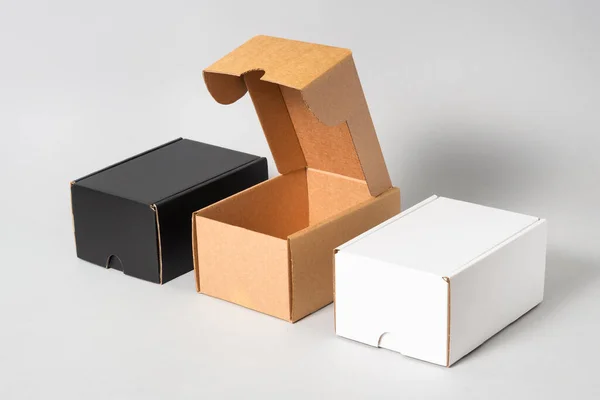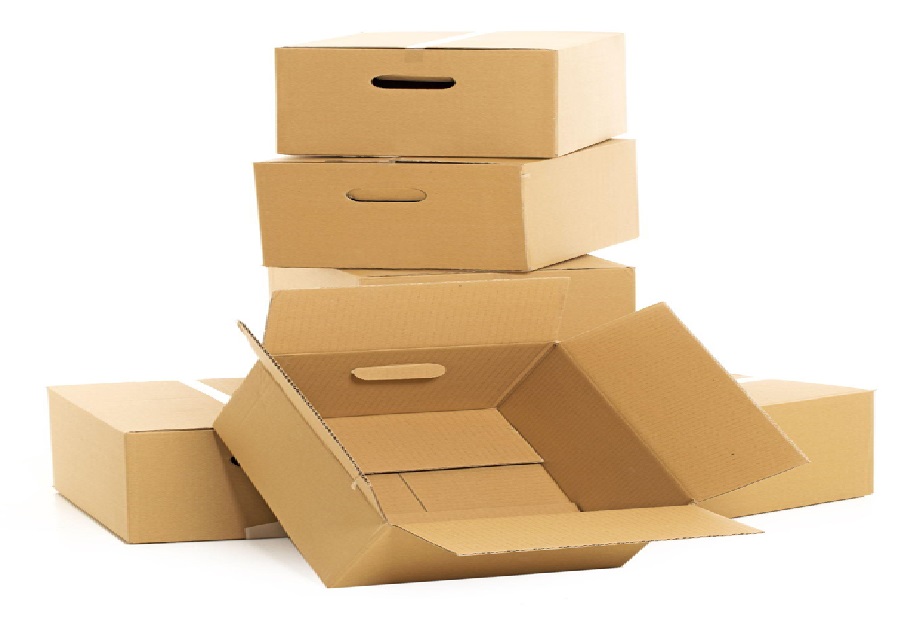Sustainability is no longer just a trend—it has become a crucial element of brand identity and consumer trust. Businesses worldwide are recognizing the need for eco-friendly packaging solutions that reduce environmental impact while maintaining quality and visual appeal. One of the most effective ways to achieve this balance is through soy-based ink and sustainable materials. These innovations not only help brands minimize their carbon footprint but also resonate with environmentally conscious consumers. Many companies are now working with a folding carton manufacturer that specializes in sustainable materials to ensure their packaging aligns with eco-friendly initiatives.
This article explores how soy-based ink and sustainable materials are transforming packaging, enhancing brand value, and contributing to a greener planet.
Why Choose Soy-Based Ink?
Traditional petroleum-based inks contain volatile organic compounds (VOCs) that contribute to air pollution and environmental degradation. Soy-based ink, on the other hand, is derived from natural soybean oil, making it an eco-friendly alternative with several benefits:
✅ Biodegradable and Non-Toxic – Unlike petroleum-based inks, soy ink breaks down naturally without releasing harmful chemicals into the environment. It is also food-safe, making it ideal for food packaging and products for sensitive groups, such as baby and maternity items.
✅ Vibrant Colors – One of the biggest myths about soy-based ink is that it lacks vibrancy. In reality, soy-based inks produce rich, bright colors that are just as striking as traditional inks. They allow brands to maintain high-quality printing without compromising sustainability.
✅ Easy Recycling – Packaging printed with soy-based ink is easier to recycle because the ink can be removed more efficiently than petroleum-based alternatives. This ensures that the paper or cardboard used in packaging can be repurposed with minimal waste.
✅ Lower Carbon Footprint – Since soybean oil is a renewable resource, it significantly reduces the carbon footprint of printed packaging compared to petroleum-based inks.
Applications of Soy-Based Ink in Packaging

Soy-based ink is widely used in various industries, particularly those that require food-safe and eco-friendly solutions. Some common applications include:
- Food Packaging: Cake boxes, snack boxes, takeout containers, and coffee cup sleeves.
- Baby & Maternity Products: Packaging for diapers, baby wipes, and organic baby food.
- Retail Packaging: Shopping bags, gift boxes, and luxury product cartons.
- Paper Products: Books, magazines, brochures, and flyers for brands prioritizing sustainability.
Sustainable Materials for Eco-Friendly Packaging
Using soy-based ink is just one part of creating environmentally responsible packaging. The choice of materials is equally important. Brands that want to lift their sustainability efforts should consider the following materials:
1. Recyclable Paperboard
Many folding carton manufacturers offer recyclable paperboard as a sustainable alternative to conventional materials. This type of paperboard is made from post-consumer recycled content and can be recycled multiple times, reducing waste.
2. FSC® Certified Paper
The Forest Stewardship Council (FSC®) certification ensures that the paper used in packaging comes from responsibly managed forests. FSC®-certified packaging supports sustainable forestry practices and helps prevent deforestation.
3. Carbon-Balanced Paper
Carbon-balanced paper is produced through environmentally friendly processes that offset carbon emissions. This type of material is perfect for brands that want to showcase their commitment to sustainability while ensuring their packaging remains high quality.
4. Compostable Materials
Biodegradable packaging materials, such as compostable paper and plant-based films, break down naturally without harming the environment. These materials are gaining popularity in the food and personal care industries.
The Business Benefits of Sustainable Packaging
Eco-friendly packaging is not just good for the environment—it’s also great for business. Brands that prioritize sustainability enjoy several key benefits:
- Increased Brand Loyalty – Consumers are more likely to support brands that align with their values. A survey by Nielsen found that 81% of global consumers feel strongly that companies should help improve the environment.
- Regulatory Compliance – Governments worldwide are enforcing stricter packaging regulations to reduce plastic waste and promote sustainability. Switching to eco-friendly materials helps businesses stay compliant and avoid penalties.
- Competitive Advantage – As more companies shift towards sustainable packaging, brands that take action early can differentiate themselves and attract eco-conscious customers.
- Cost Savings in the Long Run – While sustainable packaging may have higher upfront costs, it can lead to long-term savings through reduced waste, improved efficiency, and enhanced customer loyalty.
How to Transition to Sustainable Packaging
If your business is looking to adopt eco-friendly packaging, here are some key steps to get started:
1️⃣ Partner with an Eco-Friendly Folding Carton Manufacturer – Look for carton boxes supplier that offer soy-based ink, recyclable paperboard, and FSC®-certified materials.
2️⃣ Assess Your Current Packaging – Identify areas where you can reduce waste and incorporate more sustainable materials.
3️⃣ Educate Your Customers – Highlight your sustainable efforts on your packaging and marketing materials to attract eco-conscious consumers.
4️⃣ Test and Optimize – Experiment with different sustainable materials to find the best fit for your products and branding needs.
5️⃣ Stay Updated on Trends – Keep an eye on the latest innovations in sustainable packaging to stay ahead of the competition.
Final Thoughts
Sustainability is no longer an option—it’s a necessity. By incorporating soy-based ink and sustainable materials into your packaging, you can enhance your brand value while making a positive impact on the environment. Whether you’re in the food, retail, or personal care industry, adopting eco-friendly packaging solutions will help you connect with modern consumers who prioritize sustainability.


